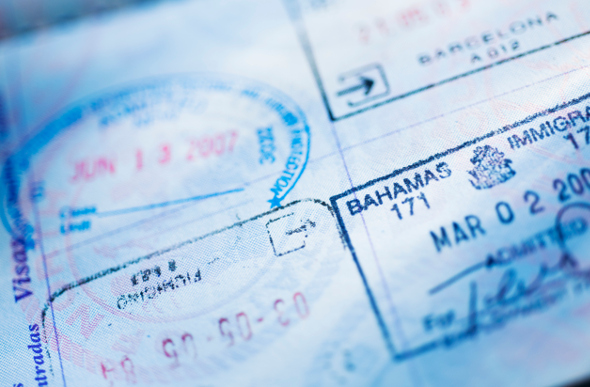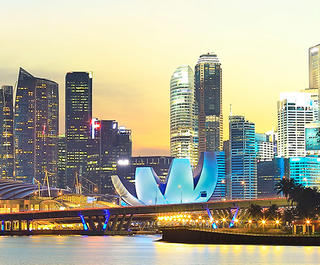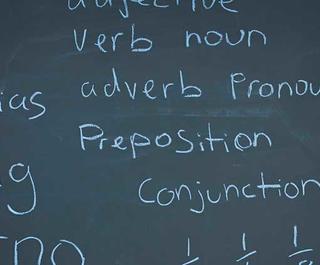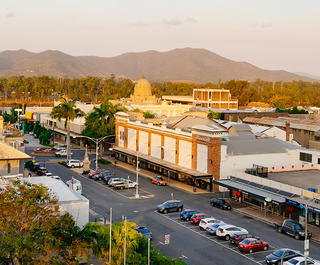
Update: February 19, 2016
Updated USA ESTA changes
Effectively immediately, the US Department of Homeland Security (DHS) has updated the country's visa-waiver policy around ESTA eligibility and countries visited by applicants from visa-waiver countries (including Australia, the UK and New Zealand) wishing to travel to the USA.
Libya, Somalia and Yemen have been added to the list of countries of concern, but at this time the ESTA exceptions only applies to individuals who have visited one of these countries since March 1, 2011.
The following exceptions apply and these applicants will be required to apply for a visitor visa instead:
- People who are also dual citizens of Iran, Iraq, Sudan or Syria (unchanged); and
- People who have visited Iran, Iraq, Libya, Somalia, Sudan, Syria or Yemen since March 1, 2011 (Libya, Somalia and Yemen have been added to this list as of February 18, 2016).
What Do You Need To Do?
For more information, please contact your travel consultant today or call 133 133, 24 hours per day. Alternatively, contact the US Consulate in Australia.
--------------------------------------------------------------------------------------------------------------------------A change to the visa waiver certificate, known as ESTA (Electronic System for Travel Authorisation) has been announced for those travelling to the United States, effective immediately, by the US Government.
All passengers travelling to, or via, the USA must adhere to the new policy with additional questions required to be completed.
New ESTA Changes
Change 1: Customers with select dual citizenship
Anyone travelling to the USA who is a citizen of a country participating in the Visa Waiver Program (VWP) and also a citizen of Iran, Iraq, Sudan or Syria, cannot enter the country under the Visa Waiver Program. They must instead obtain a visitor visa.
This means an Australian citizen, travelling on an Australian passport who is normally eligible for an ESTA (Electronic System for Travel Authorisation) will have to apply at their nearest US consulate for a visitor visa if they are also a citizen of Iran, Iraq, Sudan or Syria.
Please note the following important information:
- The dual citizenship applies even if you don't hold a second passport for Iran, Iraq, Sudan or Syria.
- Any individual, irrespective of where they were born, or reside, is considered a citizen of Iran, Sudan or Syria if their father was born in that country.
 Ensure you have the right visa for the USA (Image: Getty)
Ensure you have the right visa for the USA (Image: Getty)
Change 2 - Customers who have visited Iran, Iraq, Sudan or Syria since 01 March, 2011
The second ruling that could impact travel is the restriction on entry to the USA for people (of any nationality) who have visited Iran, Iraq, Sudan or Syria since 01 March, 2011. Even if from a Visa Waiver Program country, you will be required to obtain a visitor visa for the USA.
Please note the following important information:
- The only exception to this ruling is if you have visited one or more of these countries as part of active military service.
- For all other customers, whether their visit was to see friends or family, as tourists or aid/health workers, or any other reason, a visitor visa will be required.
More help with travelling to the USA. 40 New Qantas Routes Across North America
Heading to the Big Apple? Open Shutter: Photogenic New York
What Do You Need To Know?
- Since November 2014, the ESTA application has included a question about any other citizenship held by the traveller.
- Any customer with a valid ESTA who has advised that they are also a citizen of Iran, Iraq, Sudan or Syria since that time will have by now (or soon) received an email advising that their ESTA has been revoked and they will need to obtain a visitor visa.
- The system cannot (at this stage) automatically identify people who have visited one of those countries since 01 March, 2011, so they will not receive notification.
- Any affected customers, regardless of their departure date for the USA, will be required to obtain a visitor visa through their nearest US embassy or consulate.
What Do You Need To Do?
For more information, please contact your travel consultant today or call 133 133, 24 hours per day. Alternatively, contact the US Consulate in Australia.











